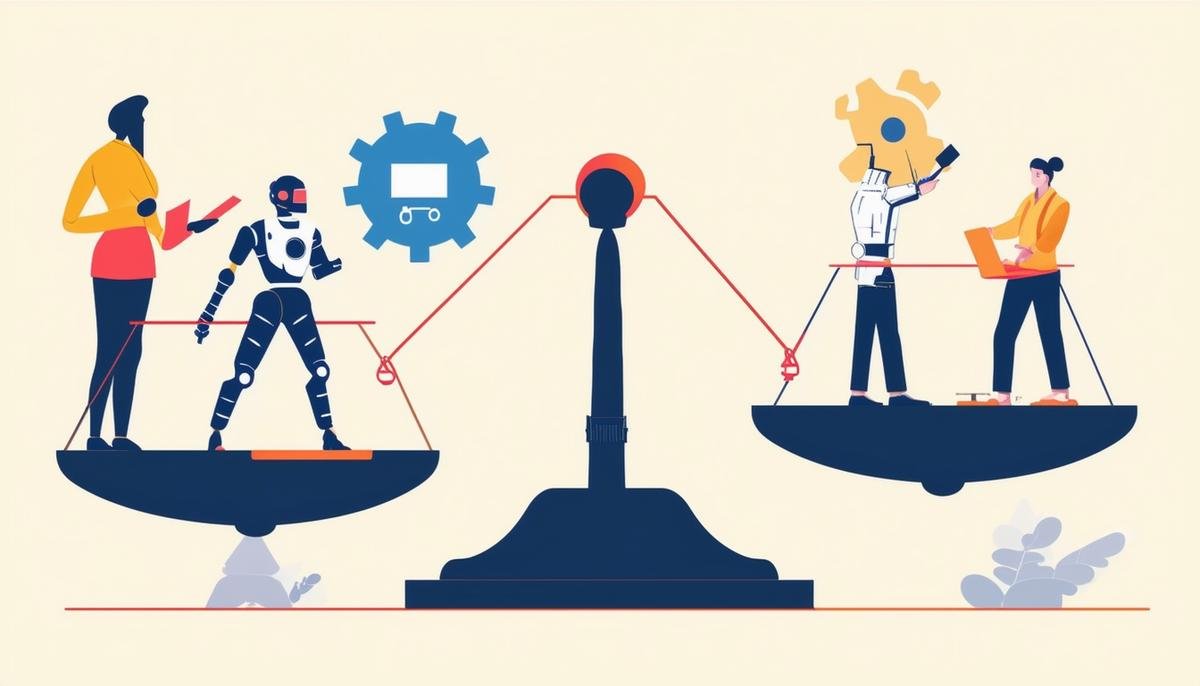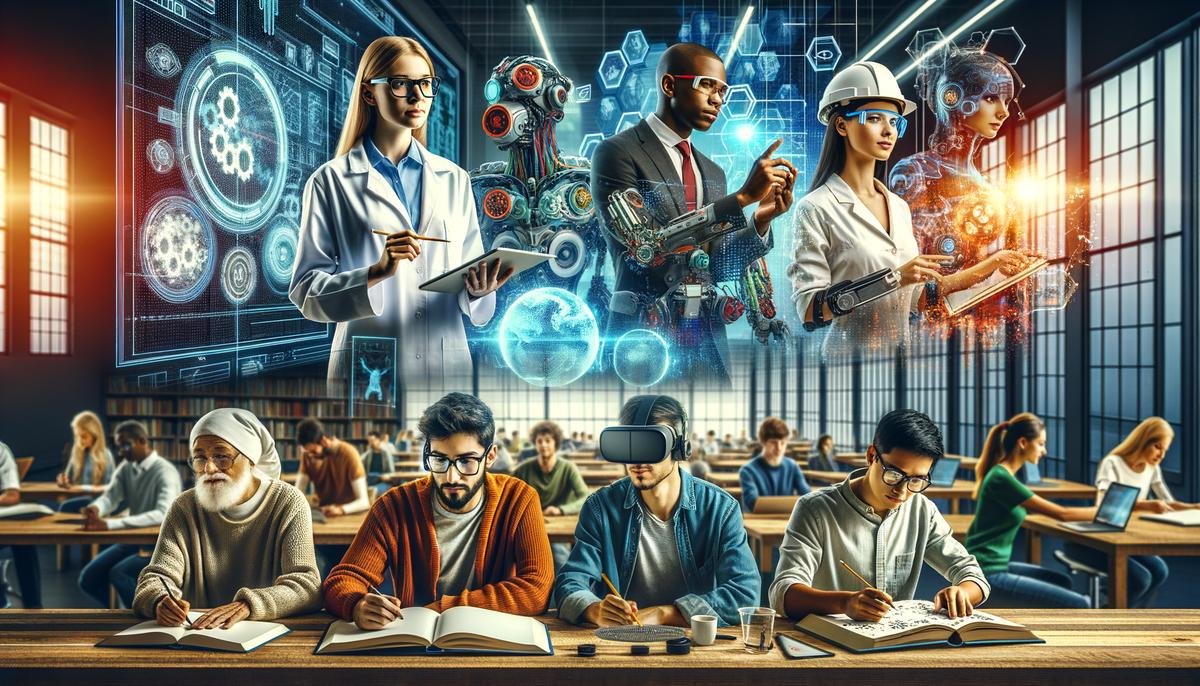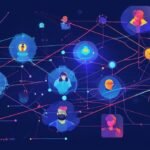AI is reshaping the job landscape, sparking both concern and curiosity. As automation becomes more prevalent, the workforce is adapting to new roles and opportunities. This shift isn't just about technology; it's about how we prepare for and embrace these changes.
Job Displacement by AI
AI is making a significant impact in the workplace. Around 14% of workers have experienced job displacement due to AI or automation. In May 2023, AI accounted for 3,900 job losses in the U.S.—about 5% of total job losses that month. AI ranked as the seventh-largest contributor, behind factors like economic changes or shifts in company strategy.
Some jobs are more affected than others. Office support roles, customer service positions, and food service jobs are particularly vulnerable to automation. McKinsey Global Institute suggests that activities consuming up to 30% of hours worked across the U.S. economy might be automated by 2030.
However, AI is also creating new job opportunities. The World Economic Forum predicts that AI might generate about 97 million new jobs by 2025. These include roles like:
- AI Product Managers
- AI Research Scientists
- AI Ethics Specialists
- Cybersecurity experts with AI skills
- AI-assisted healthcare professionals
These emerging roles demonstrate how AI is enhancing patient care while blending tech with various industries.

Emerging Job Opportunities
AI is creating exciting new roles in the job market. AI Product Managers combine creativity with technical knowledge to develop AI applications. AI Research Scientists explore new frontiers in computer science, developing cutting-edge AI techniques.
AI Ethics Specialists ensure that AI technology adheres to ethical guidelines and serves the greater good. Cybersecurity Analysts with AI expertise are crucial in defending against evolving digital threats.
In healthcare, AI-Assisted Healthcare Professionals are enhancing patient care and advancing medical research. These roles demonstrate how AI can improve outcomes across various fields.
"I've always felt the purpose of Artificial Intelligence (AI) is to augment humanity." – Ginni Rometty, Executive Chairman at IBM
The potential for growth in these areas is significant. Preparing for these opportunities involves updating AI knowledge, leading ethical initiatives, or securing cyberspace. These emerging roles offer the chance to not just keep pace with technology, but to drive innovation.

Preparing for an AI-Driven Workforce
Adapting to an AI-driven workforce requires a strategic approach. Here are key steps to thrive in this changing landscape:
- Embrace lifelong learning: Continuously evolve your skills and stay curious about new developments.
- Develop "human" skills: Focus on sharpening distinctly human skills like creativity, emotional intelligence, and complex problem-solving.
- Understand AI basics: Gain a fundamental understanding of AI, including algorithms and machine learning.
- Be flexible: Be open to shifting roles or enhancing your skillset to stay relevant.
- Stay informed: Keep up with industry trends by reading articles, attending webinars, and engaging with thought leaders in your sector.
By committing to these strategies, you can thrive amid technological transformation. This approach will help you adapt to changes and seize emerging opportunities in the evolving job market.

In this evolving job market, the key takeaway is adaptability. By staying informed and continuously learning, you can navigate these technological shifts effectively. Equip yourself with relevant skills to turn AI advancements into opportunities for career growth. As AI continues to reshape industries, those who embrace change and develop a diverse skill set will be best positioned for success in the future workforce.
- McKinsey Global Institute. Jobs lost, jobs gained: Workforce transitions in a time of automation. McKinsey & Company; 2017.
- World Economic Forum. The Future of Jobs Report 2020. World Economic Forum; 2020.
- Rometty G. IBM CEO Ginni Rometty's Letter to the U.S. Congress on AI. IBM; 2019.



